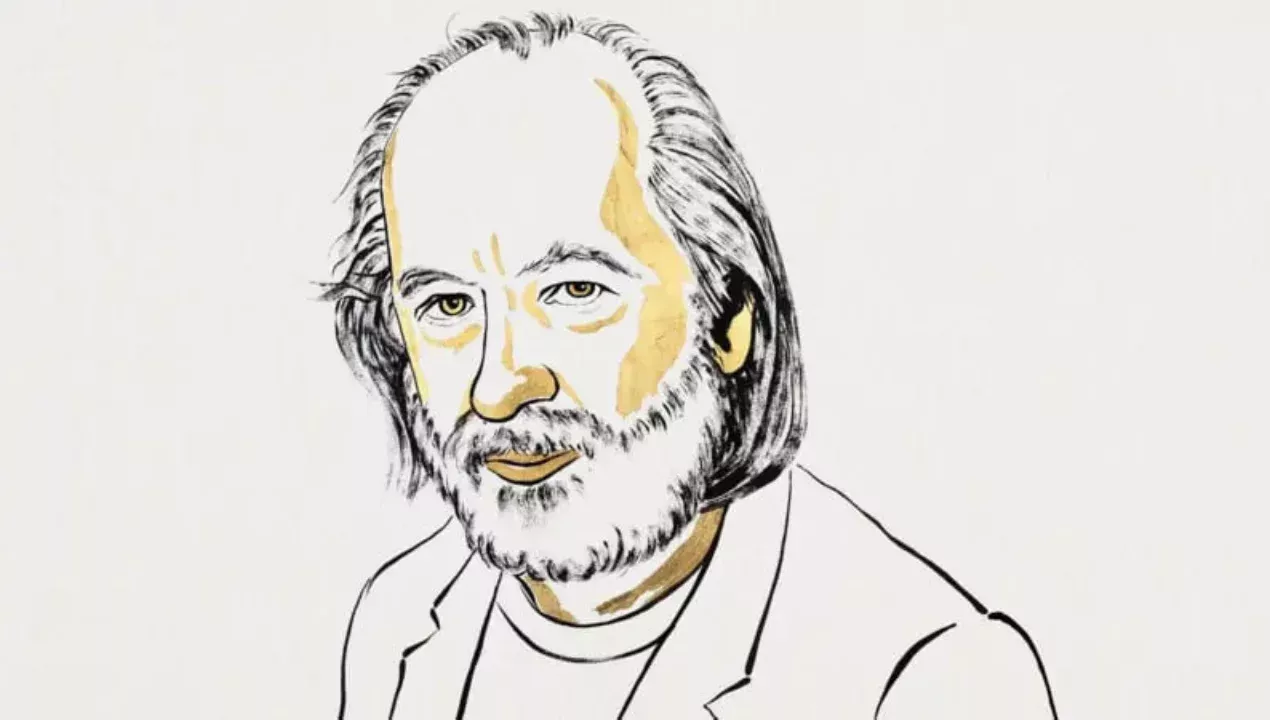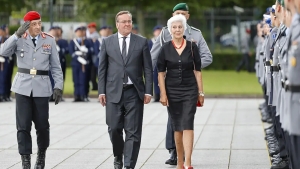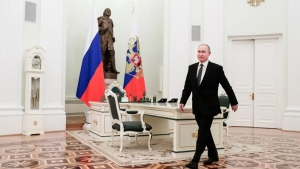Laslo Krasnaxorkai awarded the 2025 Nobel Prize

Hungarian writer Laszlo Krasznahorkai was awarded the 2025 Nobel Prize in Literature. This was reported by Zamin.uz.
The Nobel Committee specially recognized his unique artistic power and the impressive legacy he demonstrated even during times dominated by an apocalyptic mood and anxiety. Krasznahorkai is known as a major epic writer of Central Europe, with absurd and grotesque elements widely present in his works.
At the same time, when he turns his gaze Eastward, he adopts a contemplative and gentle tone, which adds a new color to his creativity. The writer was born in 1954 in Dyula, near the Romanian border.
His debut novel from 1985, "The Satanic Tango," caused a great sensation in Hungarian literature. This work was later turned into a seven-hour film epic by director Béla Tarr.
The creative collaboration between Krasznahorkai and Tarr is still frequently mentioned. In 2015, the writer was also awarded the International Booker Prize.
There, the strong intensity and mastery of language in his prose were especially emphasized. Among his other famous works are "Melancholy of Resistance," "War and War," and "Seiwan Among Us."
Krasznahorkai's creativity developed under the influence of many travels. In 1987, he left communist Hungary and lived in West Berlin on a scholarship.
Additionally, his trips to Mongolia and China inspired works such as "The Prisoner of Urga" and "Destruction and Sorrow Beneath the Heavens." While working on "War and War," he lived in the home of poet Allen Ginsberg in New York, and the poet's support played an important role in completing the novel.
During the Nobel Prize week, the winners' schedule was also announced. On October 6, the winners in physiology and medicine were revealed; on October 7, in physics; and on October 8, in chemistry.
The Peace Prize will be announced on October 10, and the prize in economic sciences on October 13. The award ceremony will traditionally take place on December 10 in Stockholm.
Krasznahorkai's prize is also of great significance for Uzbek readers. The prose of Central Europe, oscillating between darkness and hope, has returned to the center.
The contemplative tone directed Eastward is heard even more brightly on the global literary stage. This means that in the near future, new translations of his works will be published for Uzbek readers and wide discussions will begin.







